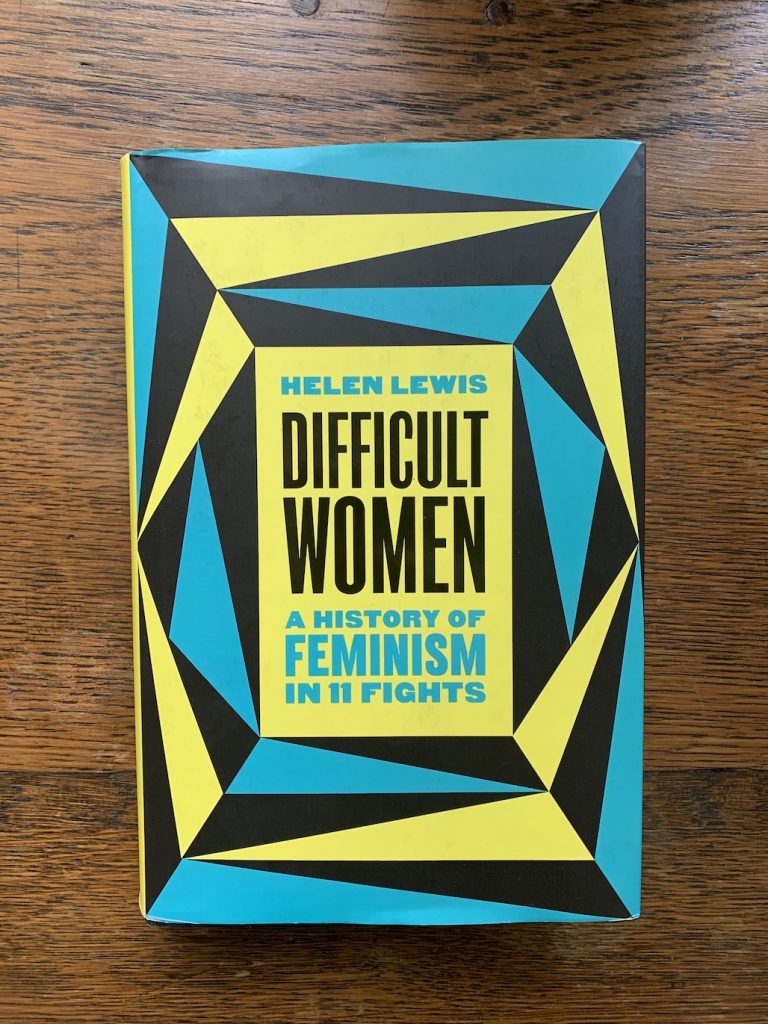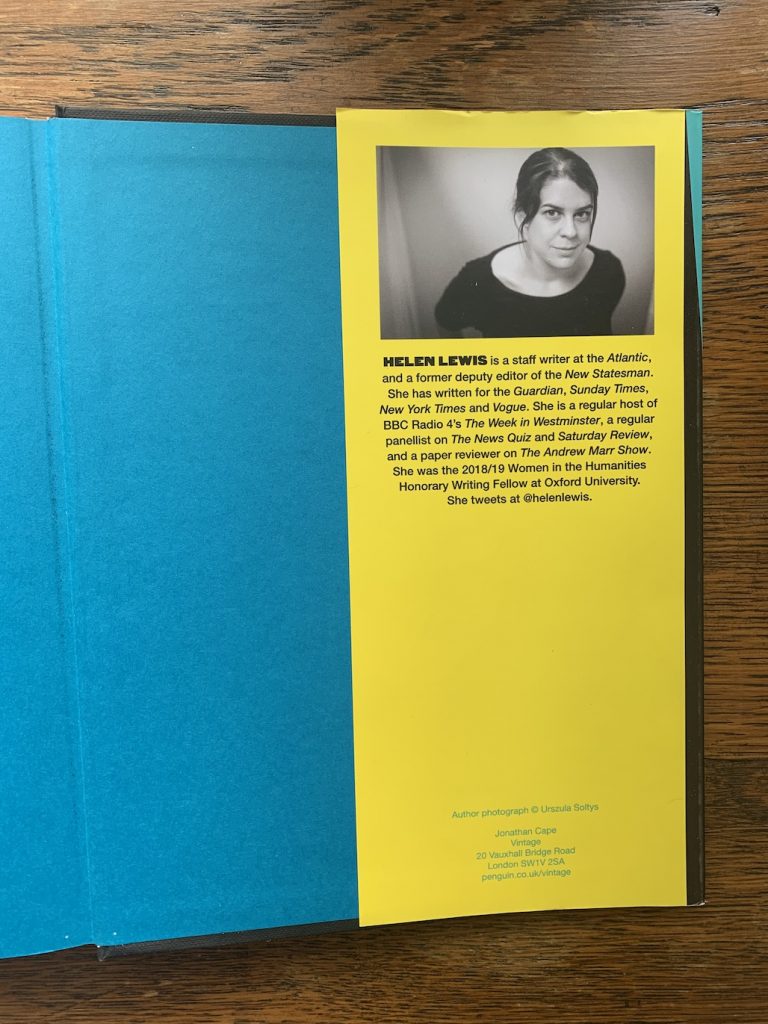
Difficult Women a History of Feminism in 11 fights by Helen Lewis is a good primer on the feminist history of Divorce, The Vote, Sex, Play, Work, Safety, Love, Education, Time, Abortion, and The Right to be Difficult.
I read this book because I favour learning history from books rather than social media memes and videos. It also helps me better “mansplain” feminism to cis-men in my circle. This book was a captivating read, and every morning I was looking forward to reading it after my first coffee.

Hellen Lewis (Twitter: @helenlewis) is a staff writer at the Atlantic and former deputy editor of the New Statesman. She was also the 2018/19 Women in the Humanities Honorary Writing Fellow at Oxford University.
So three takes that I got from this book:
First, women had it bad, really bad, and many still do around the world. For thousands of years, they have been deprived of some of their fundamental rights and autonomy. They have been disgraced, persecuted, and killed. I honestly don’t see a future for humanity if we continue to oppress and exploit half of humanity in this fashion. Learning about the history of feminism puts many struggles that women have had to face in context, so please make it part of your learning curriculum.
Second, none of the historical characters in this book are morally pure and perfect. As the book’s introduction points out, you come across women who advocated bombings and arson, who opposed abortion, had ableist and eugenics beliefs, blamed women who escaped abusive relationships, or some didn’t even identify as feminists. Helen Lewis is unapologetically honest about sharing this imperfect history. It is a reminder of the messinesses and imperfections of human nature. Yet, these women got a few things right and played a lasting part in challenging and corroding patriarchy.
I am not suggesting that we do not aspire to be better human beings. Still, we need to realize that the idea of morally pure saints and messiahs who will come to clean up the society of its evils and impurities is very much an invention of the religious right. That is not how people function in real life. We have grown accustomed to seeing the carefully curated and refined version of people and events on social media, and I’m telling you, I doubt it if most of these historical characters would have survived social media’s court of public opinion.
Third, social change happens incrementally. It has always been that way. Unfortunately, we can’t just uninstall patriarchy like a legacy app that is hindering society. A revolution will unlikely fast-forward the process. It takes many small victories to shift the public’s mindset and restructuring systems that favour patriarchy. It takes everyone’s involvement and not just those who identify as women. Learning history and making adjustments to our immediate living and workspaces is a good start.